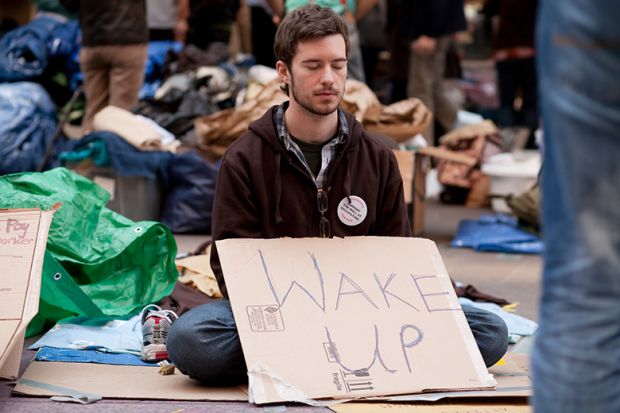WCP: The Dual Economy
Posted in Visiting Scholars | Tagged Economic Inequality, Inequality, John Russo, Peter Temin, Sherry Linkon, Vanishing Inequality, Victor Tan Chen, WCP, Working-Class Perspectives
Increasing inequality has squeezed many Americans out of the middle class and into the working class. In this week’s Working-Class Perspective, Victor Tan Chen reviews Peter Temin’s book, The Vanishing Middle Class: Prejudice and Power in the Dual Economy. Chen argues that Temin’s ‘duel economy’ framework illuminates the challenges facing our economy, but falls short of proposing realistic solutions for the “corrupt and unresponsive political system” that he sketches out.
“Like Richard Reeves in his book Dream Hoarders, Temin doesn’t think we should only dwell on the top 1 percent of earners and their extraordinary ascent over the past few decades. As much as this group has made out like bandits in our unregulated Wild West economy, Temin’s focus on the FTE sector makes clear that a larger fortunate fifth of America has been benefitting immensely from the status quo, too. At the same time, a strength of Temin’s book is his in-depth discussion of how the top 1 percent has far outpaced the rest of the elite as well—largely due to their outsized political influence. He explains that a view of American democracy as an arena where the public clashes on important social issues, and the majority winner justly enacts policy, is simply naïve. In the real world of politics, people with money “invest” in politicians who then do their bidding—and the top 1 percent have more to invest than everyone else. In turn, racial prejudice (which he discusses at length, almost exclusively referring to bias against African Americans) weakens whatever public support exists for a stronger safety net for low-wage workers by casting the beneficiaries as undeserving outsiders.
By concisely and insightfully sketching out the contours of the modern economy, Temin’s book helps us to understand why workers in auto plants and office cubicles alike have fallen behind in recent decades. Their pursuit of the American Dream has been halted by stagnant wages and declining employment. Their working conditions have worsened thanks to the end of job security and management’s unchecked control in the workplace.
The roots of their problems aren’t just economic, however, as his discussion of politics makes clear. Temin emphasizes how institutions like labor unions and government no longer push the economy toward a widely shared prosperity—as they did in mid-twentieth-century America, and as they still do in parts of Europe today. The implication is that, with the proper support, they can do it here again.
Recognizing that labor unions in America have been all but stamped out in many sectors, Temin seems to pin his hopes on government intervention on behalf of ordinary workers, particularly to promote high-quality, broadly available education and training. This hope, however, seems very much at odds with the gloomy picture of a corrupt and unresponsive political system he sketches out for much of the book. In other words, as compelling as his diagnosis of the problem is, he doesn’t say much about how to bring about the sort of democratic renaissance that could solve it.
But these are the big, unresolved question in our politics today. Can unions can be revived, and thus provide a countervailing force to restrain the excesses of corporations? To what extent can union power be replaced by the organizing of the so-called alt-labor movement—worker centers and nonprofit networks working outside the formal union-management negotiating process? And what role can social movements, knitted together through grassroots organizing, play in making sure the country’s political system starts responding again to the popular will?
We academics tend too often think in technocratic policy terms. We typically want to devise the innovative policies and then assume that a can opener of bold government action could open up the system to change. We find it hard to imagine concrete and practical strategies that activists could actually use (though sociology has been better than most disciplines in offering such advice, and nonacademic research groups are increasingly taking on this role). Intellectuals’ most important contributions to social change have been ideas, ways of looking at the world that inform and inspire action. But as I argue in Cut Loose, scholars should also consider the political and cultural context when we propose policies.
While Temin could do more of this, his book provides a useful framing of the problem for those who want to fix it—dusting off the “Two Americas” rhetoric of a past political moment and reworking it for an even more unequal age.”
Read the entire post and check out other Working-Class Perspectives posts on our website.

